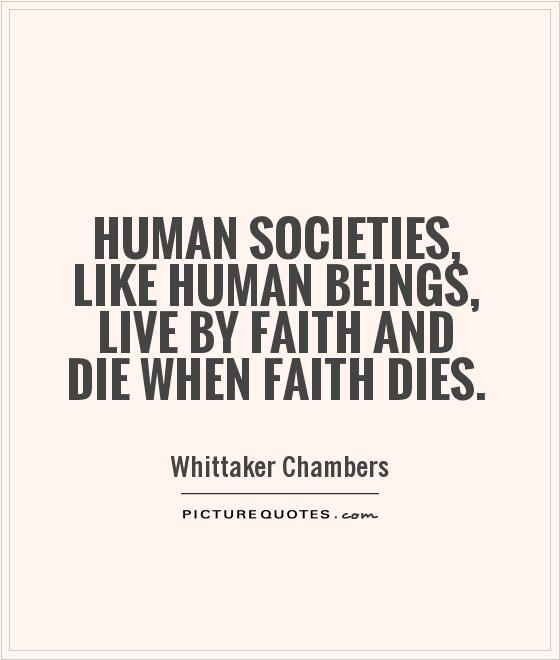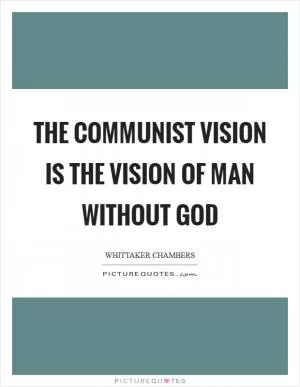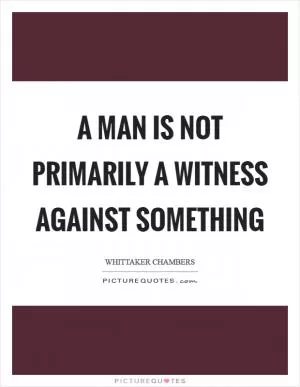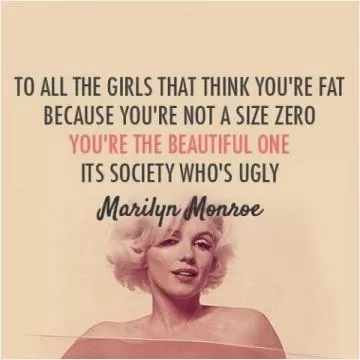Human societies, like human beings, live by faith and die when faith dies

Human societies, like human beings, live by faith and die when faith dies
Whittaker Chambers, a former Communist spy turned anti-Communist writer, famously said, “Human societies, like human beings, live by faith and die when faith dies.” This statement holds a profound truth that can be applied to various aspects of society and human life.Faith is a fundamental aspect of human existence. It is the belief in something greater than oneself, whether it be a religious deity, a set of values, or a political ideology. Without faith, individuals and societies lack a sense of purpose and direction. Faith provides a moral compass, guiding people in their actions and decisions. It gives them hope and motivation to strive for a better future.
In the context of human societies, faith plays a crucial role in shaping their beliefs, values, and institutions. Religion, for example, has been a central force in many societies throughout history, providing a sense of community, morality, and purpose. When faith in a particular religion or belief system wanes, societies can experience a crisis of identity and values. This can lead to social unrest, conflict, and ultimately, the decline of that society.
Similarly, political ideologies rely on faith to sustain themselves. Whether it be democracy, socialism, or fascism, these ideologies require the faith and support of the people to function effectively. When faith in a political system erodes, it can lead to political instability, corruption, and ultimately, the collapse of that system.
Chambers’ words also hold true on an individual level. Just as societies rely on faith to thrive, so do individuals. Faith gives people a sense of purpose, meaning, and hope in their lives. It provides them with the strength and resilience to overcome challenges and adversity. When faith dies in an individual, it can lead to despair, nihilism, and ultimately, the death of that person’s spirit.












 Friendship Quotes
Friendship Quotes Love Quotes
Love Quotes Life Quotes
Life Quotes Funny Quotes
Funny Quotes Motivational Quotes
Motivational Quotes Inspirational Quotes
Inspirational Quotes